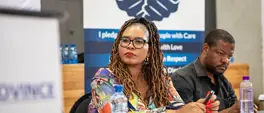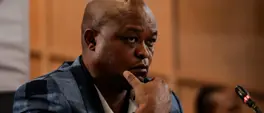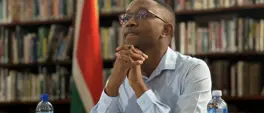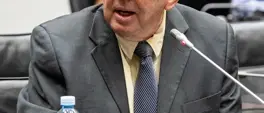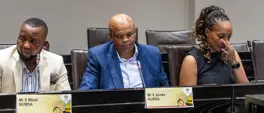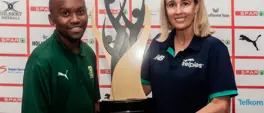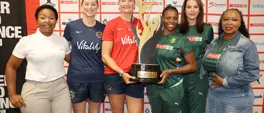Wheelchair Rugby Sue Jordaan emotional about representing South Africa at European Championships
Palesa Manaleng
5 September 2025 | 14:00Jordaan tells Eyewitness News she was introduced to wheelchair rugby at a time she was still adjusting to life in a wheelchair and searching for something that would make her feel alive.
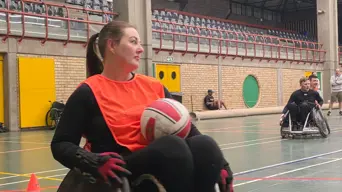
South African Wheelcahir Rugby player Sue Jordaan. Picture: Supplied.
JOHANNESBURG – In 2013, a motor vehicle accident left Sue Jordaan paralysed, and overnight, she had to navigate life in a wheelchair.
Four years into her life as a person living with a disability, she was introduced to wheelchair rugby, and it was love at first sight 8-years later, Jordaan is selected to represent South Africa at the European Championships in Skien, Norway.
“Being selected to represent South Africa is an incredible honour. It’s emotional for me because this journey started from such a difficult point in my life — after my accident, I never imagined I’d one day wear the green and gold. This is not just a personal achievement, but something I share with my daughters and everyone who supported me. Going to Norway is more than a competition; it’s proof that life after injury can still be powerful and full of purpose,” said Jordaan.
She tells Eyewitness News she needs financial help to raise the country’s flag high in Norway.
“Help me represent South Africa in Wheelchair Rugby in Norway. I’m incredibly proud and humbled to share that I’ve been selected as 1 of only 10 athletes to represent South Africa in Wheelchair Rugby at an international tournament in Norway. To make this dream a reality, I need to raise R10 000 to cover flights and accommodation, travel insurance and local transport, team support and logistics.”
ALSO READ: SA wheelchair rugby returns to global stage, eyes 2028 Paralympics
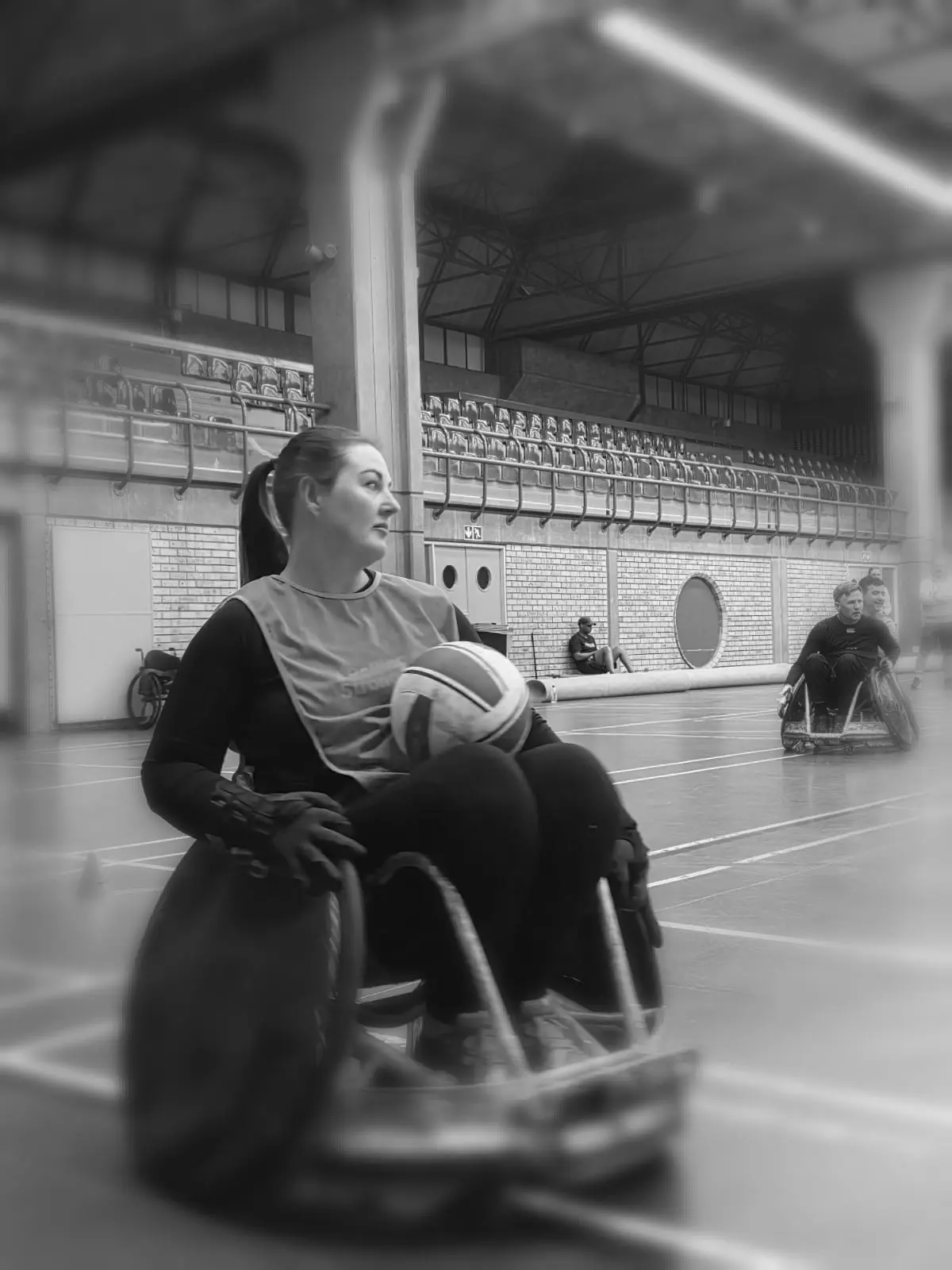
South African Wheelcahir Rugby player Sue Jordaan. Picture: Supplied.
After a decade-long absence from the global stage, the South African Wheelchair Rugby national team is making a powerful comeback with its sights set on the 2028 Los Angeles Paralympic Games.
“I was in a motor vehicle accident in 2013 that left me paralysed. Overnight, I went from being an independent, active mother of two to facing the unimaginable — rebuilding life from a wheelchair. The biggest challenges weren’t just physical, but emotional and social. Accessibility, discrimination, and financial constraints are constant battles, but being a mother gave me a reason to fight through. I had to show my daughters that no matter what life throws at you, you can rise again.”
The last time the SA WCR national team competed internationally was at the 2015 Wheelchair Rugby World Challenge held in London, and now the team looks forward to the European Championships in Norway from 7 to 9 October.
“We need more awareness and support for para-sports in general. That includes financial sponsorships, media exposure, and equal opportunities to train and compete. Representation matters — seeing athletes like myself helps shift mindsets. I hope South Africans rally behind us, share our stories, and help break the stigma around disability and women's participation in adaptive sports.”
Jordaan tells Eyewitness News she was introduced to wheelchair rugby at a time she was still adjusting to life in a wheelchair and searching for something that would make her feel alive.
“I attended a demo session out of curiosity, and from the moment I saw the intensity of the sport, I was hooked. It’s been eight years now, and every moment on court reminds me of my strength.”
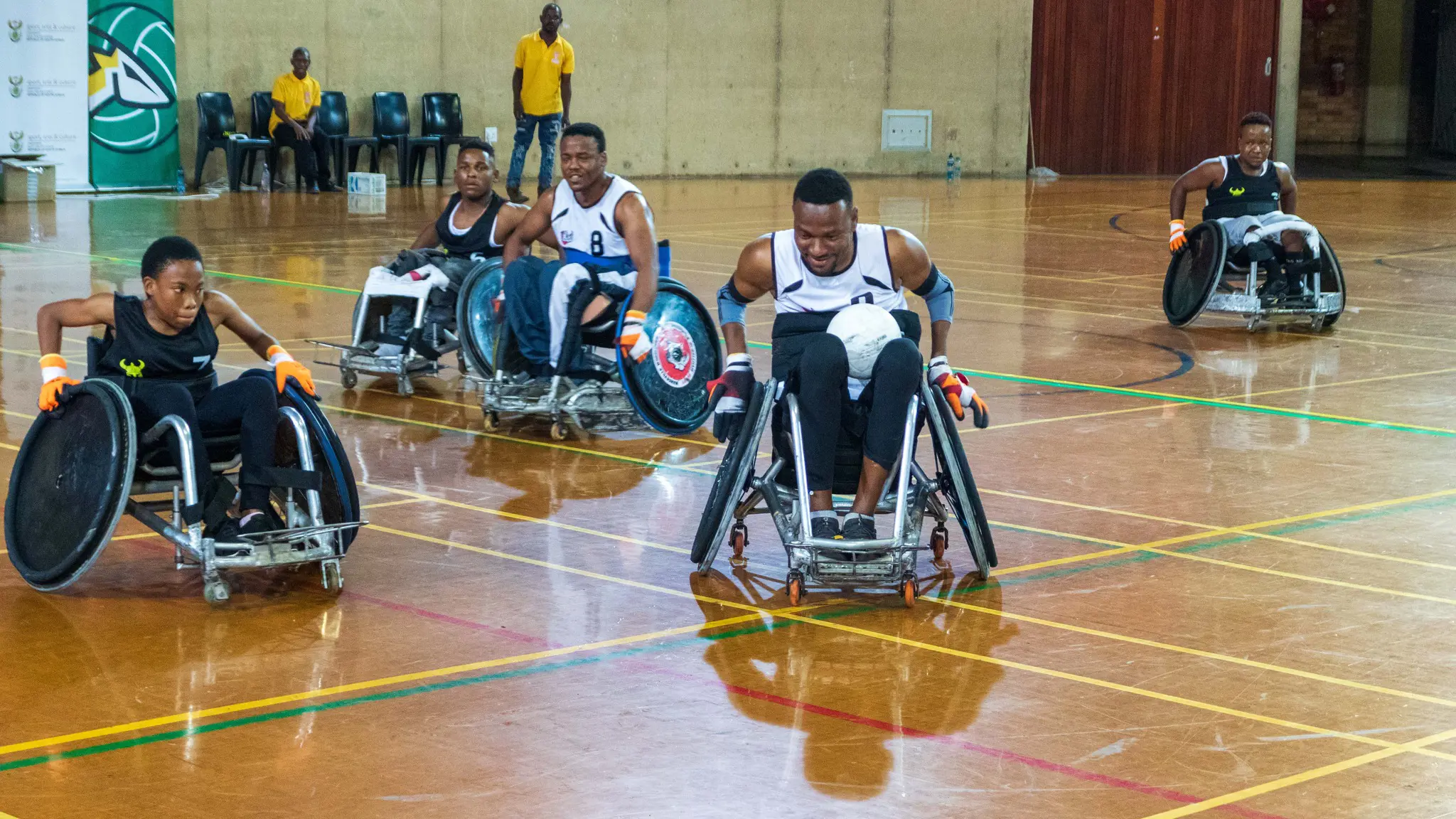
SA wheelchair rugby players during a game. Picture: SA WCR/ Facebook.
Wheelchair Rugby, also known as Murderball or Quad Rugby, is the only mixed-gender full-contact sport at the Paralympic Games.
“I want to compete at my absolute best and contribute to the team’s success, but beyond medals, my goal is to inspire. I want someone watching from a hospital bed, or a young girl in a wheelchair, to see me and think, “If she can do it, maybe I can too.” This tournament is about representing South Africa with pride and showing the world what resilience truly looks like.”
The sport is a fast-paced, full-contact team discipline open to all genders, combining elements of rugby, basketball, and handball. The aim is simple: carry the ball across the opponent’s try line to score points.
Players use specially designed wheelchairs with reinforced frames and bumpers to navigate the court and make contact with opponents.
Get the whole picture 💡
Take a look at the topic timeline for all related articles.

